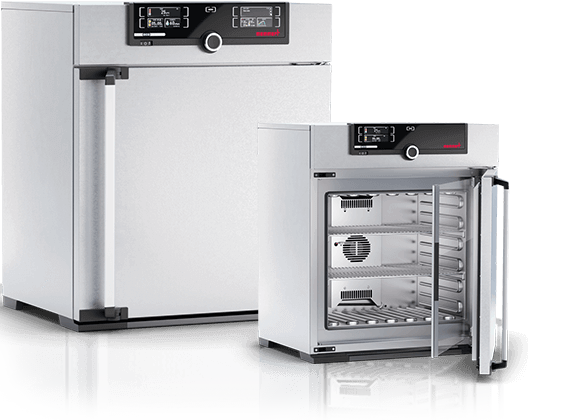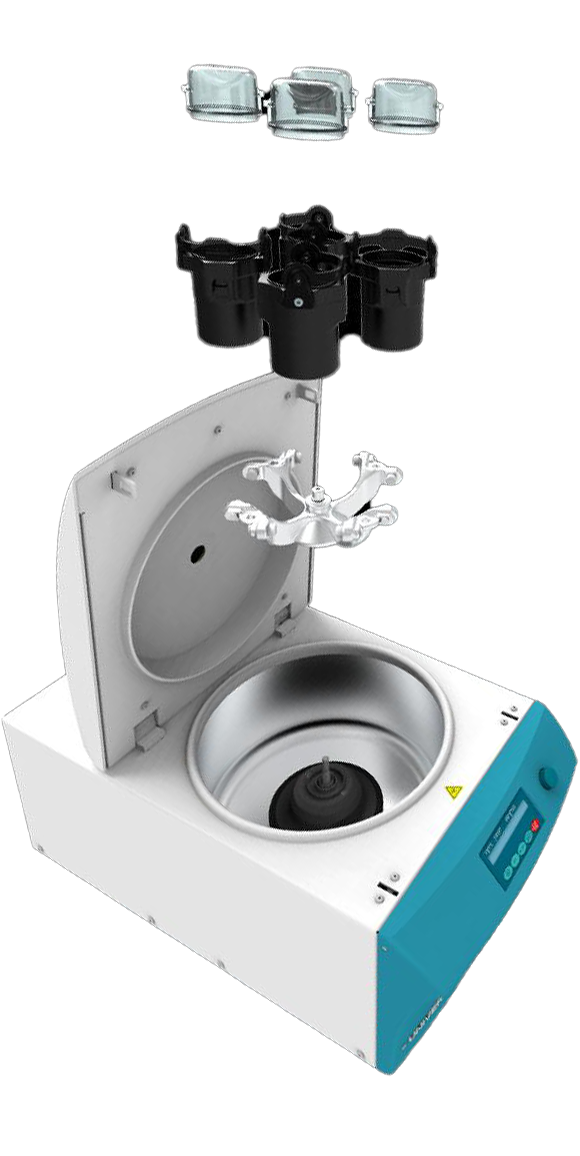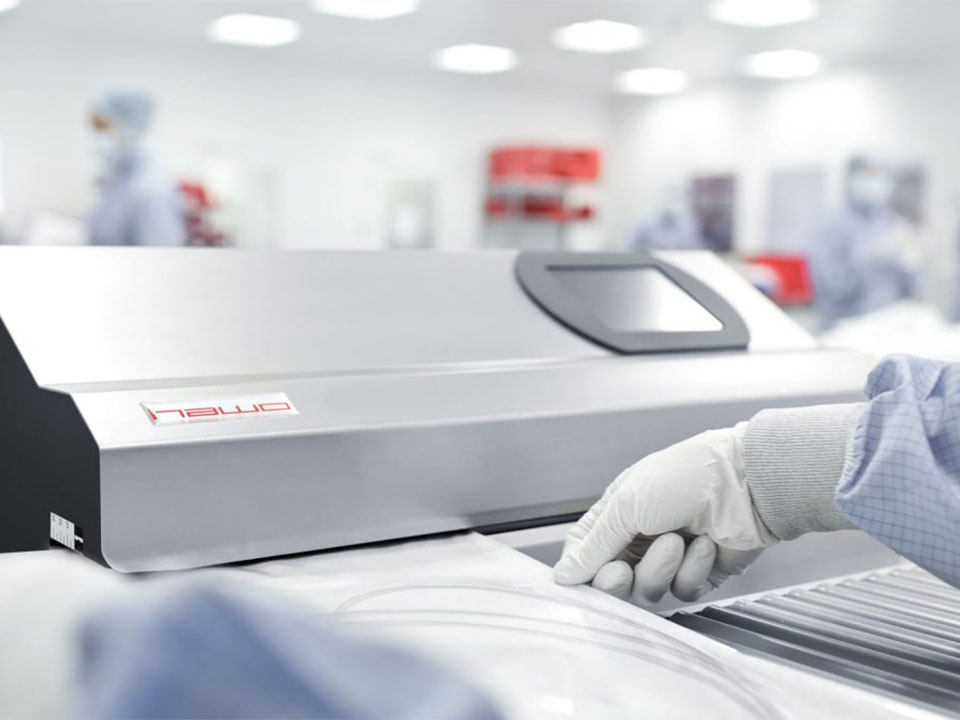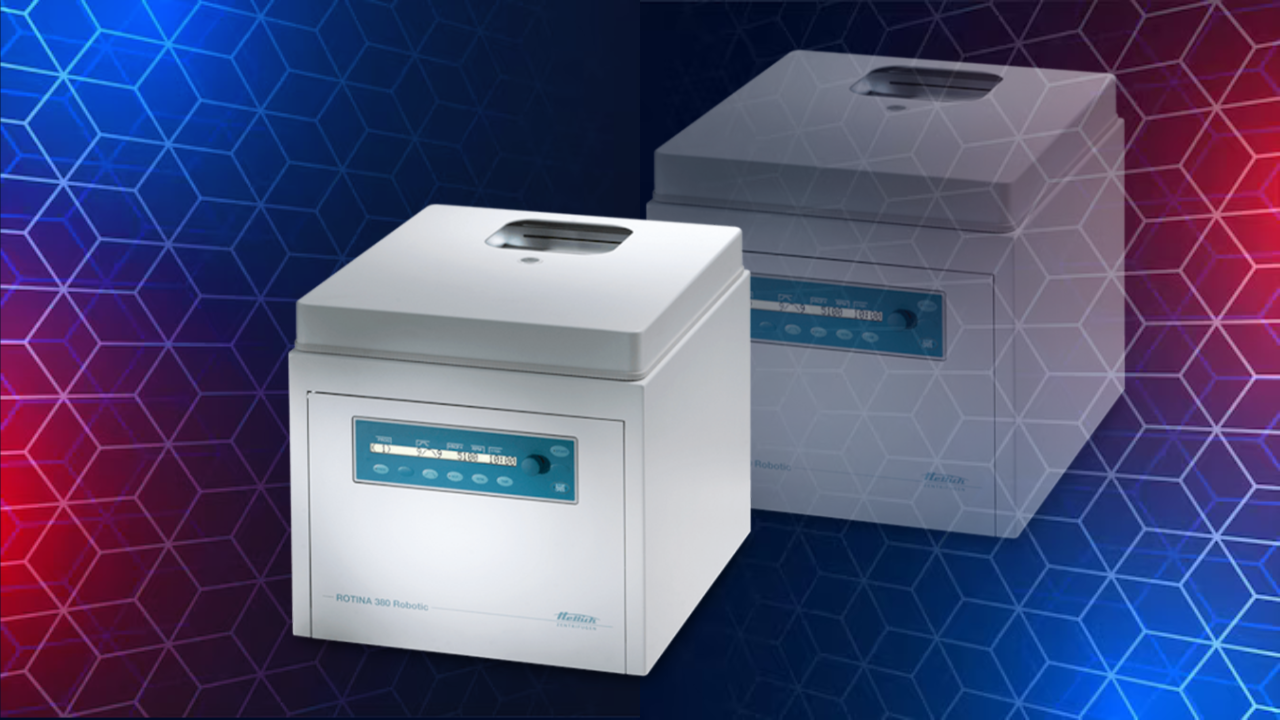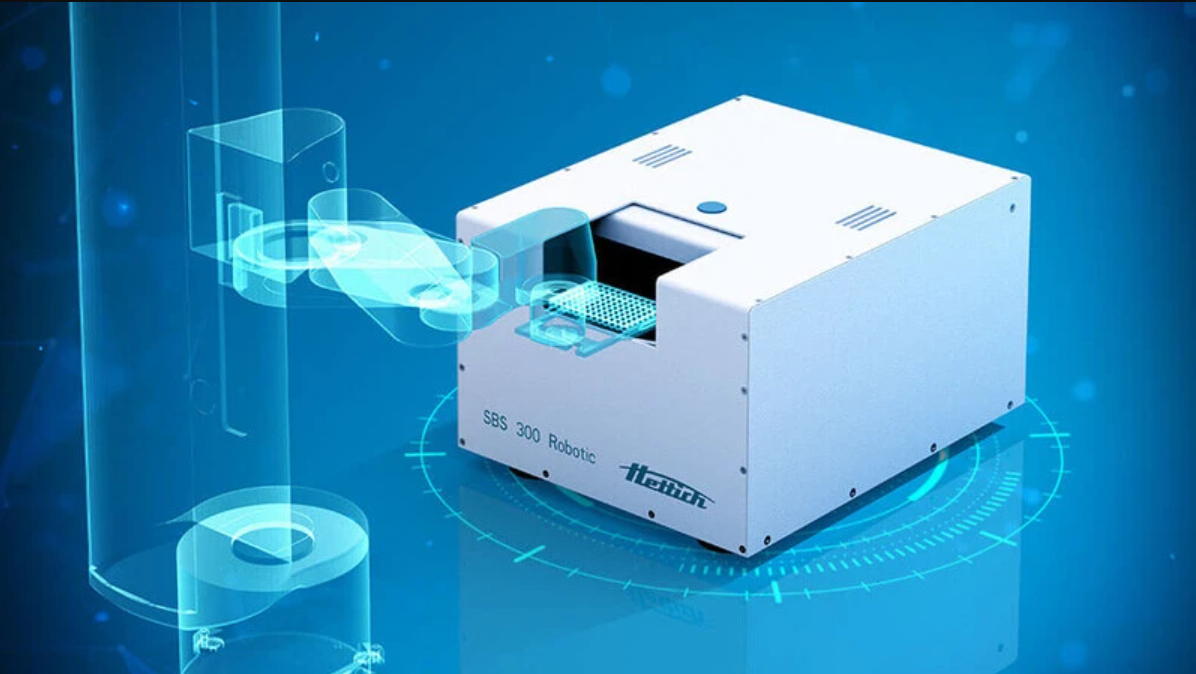Why is my heat sealer not working? It is a common question for many people who are sealing pouches or bags, particularly those working in sterile services and packaging companies. In this month’s blog, we take a closer look at the common faults users experience when using rotary heat sealers and suggest ways to rectify them.
Why is the seal on my pouch so poor?
One of the main issues why a heat sealer is not working as it should be is because it is producing a poor seal. Before we look at the solution to this issue, we need to understand the basic elements of sealing.
To create a good seal, you need to have three key ingredients: the right speed, the right temperature and the right force. If any one or more of these is out of sync, then the result is a poor seal. Let’s look at each of these elements in more detail:
The speed is too slow/fast
Most rotary heat sealers have a fixed speed of 10 metres per minute. This is considered the best speed for a good seal. If it is faster than this, then the pouch may not seal properly. If it is slower than this, it will melt the plastic part of the pouch or burn the paper backing and again produce a poor seal. Some models of heat sealer allow you to adjust the speed that the pouch is pulled through. The speed should be adjusted if you think the speed is too slow or too fast.
The force applied to the pouch is too weak/strong
If the amount of force, or pressure being pushed down on the pouch is not enough, then the pouch will not seal properly. Furthermore, if the force is too great, then the pouch will get stuck or jammed in the heat sealer. Every rotary heat sealer will have a pressure wheel which should be adjusted properly.
In addition to this, sometimes if a heat sealer uses a synthetic/rubber pressure roller and it hasn’t been used for a long time, the pressure wheel can develop a flat spot. The irregular shape of the pressure wheel leads to gaps in the seal at regular intervals. This is why it is always good practice to ensure that any backup heat sealer is not left on the shelf for too long.
The temperature is too high/low
One of the most common reasons a pouch is not sealing properly is because the temperature is not set correctly. Too hot and the film will melt and the paper will burn. Too cool and the seal will easily pull apart.
Every pouch will have an optimum sealing temperature. You should check with your pouch manufacturer to see what this is before you try to seal any pouches. As a general rule, standard paper/film pouches seal between 175°C and 200°C. Tyvek®/film pouches seal between 115°C and 135°C.
Why does my heat sealer keep shutting down?
Most heat sealers have a thermal cut out to protect the device from overheating. Instruments will have a temperature tolerance of +/- 5°C than what your temperature set point is. This is a standard feature across most manufacturers.
If you find your heat sealer keeps shutting down, it may be a temperature control issue. This would mean a qualified service engineer will need to attend to it in order to rectify the fault.
Why do my heat sealer pouches keep getting jammed?
If you are using your heat sealer heavily, it is likely that dirt and grime will build up between the transport bars. Indeed, ripped, or broken pouches can get caught in the transport bars or printer area and clog the system up. Having your heat sealer serviced every year will eliminate dirt and foreign objects from building up.
However, problems with jamming can still occur even with very clean and well-maintained devices. This is because the heater bars can drop down over time due to the constant process of heating and cooling. When the heater bars drop, this can snag the pouch when it passes through.
Why do my heat-sealed pouches keep splitting after placing them inside an autoclave?
The sterilisation environment inside an autoclave is quite a violent one. Steam is pumped around the chamber to sterilise the contents. If a pouch is too big, the instrument inside will move around a lot during sterilisation. This can cause the seal to get damaged during sterilisation, particularly if the instrument has sharp points like surgical scissors. You should contact your pouch manufacturer for information on the optimum size for different instruments.
How Henderson Biomedical can help
Henderson Biomedical are able to service and repair a wide range of both rotary and bar-type heat sealers. Our in-house and field service engineers can provide first class maintenance for your heat sealer. We are also the exclusive UK distributor of Hawo, the world’s foremost heat sealer manufacturer and our engineers have been factory trained.
If you would like more information on how we can help you in the event of your heat sealer not working properly, please give us a call on 020 8663 4610 or alternatively, you can complete our online form and a member of the team will be in touch with you within 2 business days.
